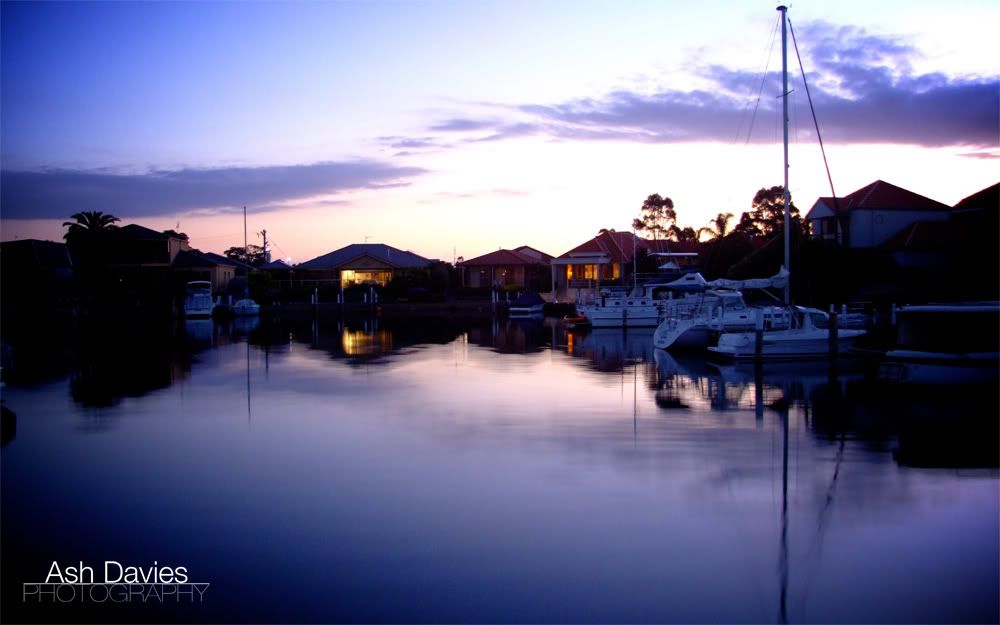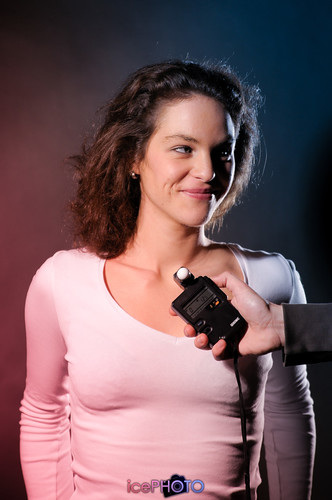AshDav
Active Member
i'm still stumped by it 
what exactly is it of?
my first thought was trees and their reflection in water
but its too serene for that

what exactly is it of?
my first thought was trees and their reflection in water
but its too serene for that


